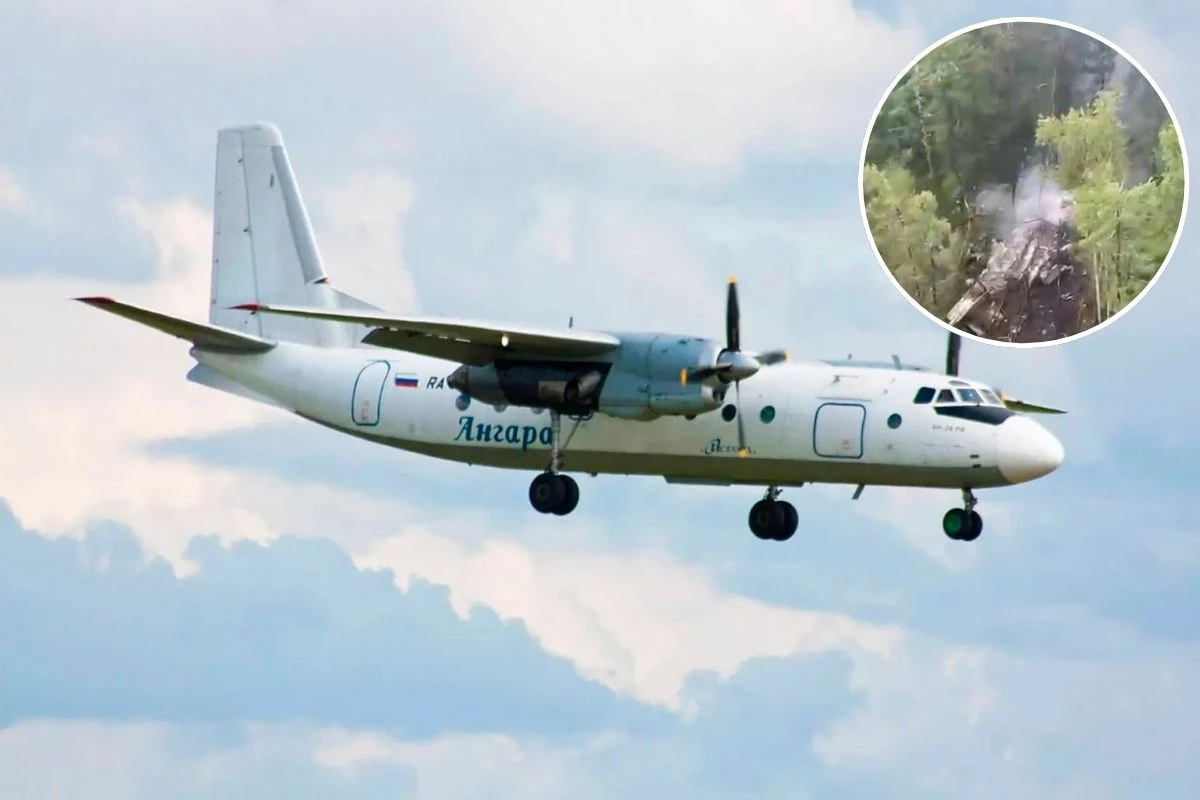In a poignant and heartfelt revelation, rising Greek artist Klavdia Papadopoulou, known simply as Klavdia, opened up about the inspiration behind her emotionally charged song, “Asteromata.” Set to be performed at the national final for Eurovision 2025, the track delves into themes of displacement and the refugee experience—a narrative deeply woven into Klavdia’s personal and familial history.

Klavdia, 23, whose roots trace back to the Pontian Greek community, shared her connection to the song on ERT’s “Proian Se Idon” on January 16. “Our country has experienced these emotions, and my family has lived through them,” she said, reflecting on the shared trauma of displacement. “I am connected to the song because my family are refugees, and my grandmother’s stories have profoundly influenced me.”
The emotional depth of “Asteromata” not only mirrors the struggles of Klavdia’s ancestors but also resonates with many who have faced similar challenges. “We wanted to create a song that I could relate to personally, something that reflects my story and holds significant meaning,” she explained.

The road to the national final has been a thrilling journey for Klavdia. She recounted the moment she discovered her song had made it to the top 12. “I was with my parents when the announcement was made. When I heard my song called as 11th, I felt a surge of confidence. When my name was confirmed, I jumped up in excitement, and my parents were elated, wishing me all the best.”
Anticipation is building as Klavdia prepares for her performance at the national final on January 30. “I’m thrilled and can’t wait. This journey has been exhilarating, despite some creative anxiety. It’s a moment I’ve been dreaming of for a long time,” she expressed.
A key component of her preparation involves collaboration with renowned director Fokas Evagelinos, known for crafting captivating performances. “We’ve had insightful discussions about the presentation, and we’ve aligned on a concept that we’re fully committed to bringing to life,” she noted.

Klavdia’s Musical Journey
Klavdia’s path to potentially representing Greece at the 69th Eurovision Song Contest is not just a professional milestone—it’s a deeply personal voyage. Born in Aspropyrgos and discovered through “The Voice of Greece” in 2018, where she reached the finals under Elena Paparizou’s mentorship, Klavdia has since carved a niche in the Greek music scene. Her 2020 single “Lonely Heart” won widespread acclaim, and she continues to charm audiences with her dynamic live performances and social media presence.
“Asteromata,” a collaboration with the music group Arcade, blends contemporary sounds with ethnic influences, telling a compelling story through its Greek lyrics. Inspired by the historical displacement of the Pontian Greeks, the song speaks to the universal plight of refugees, a topic ever-relevant in today’s global climate.
With her eyes set on Eurovision 2025, Klavdia’s “Asteromata” promises not just a melody but a message that transcends borders.












